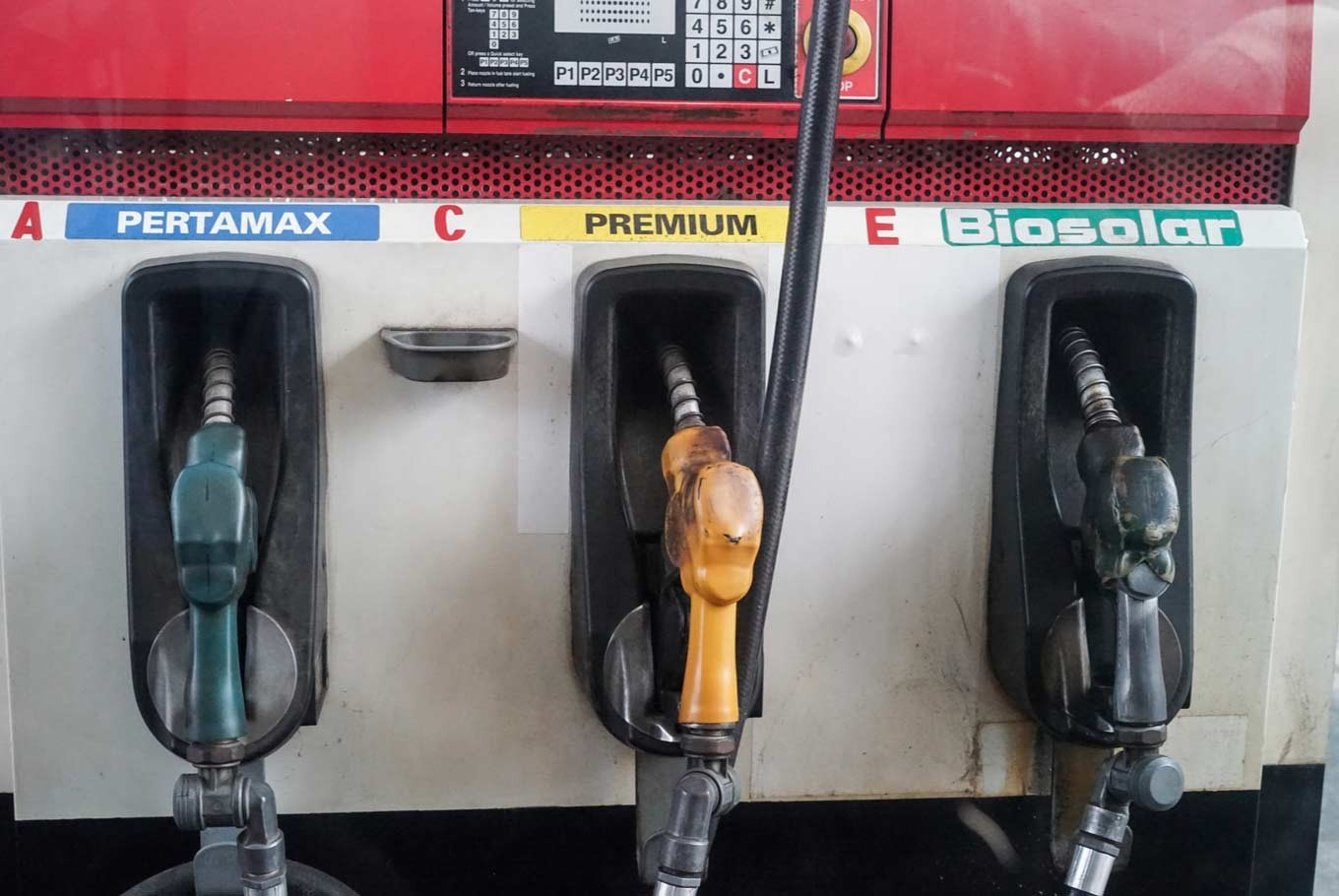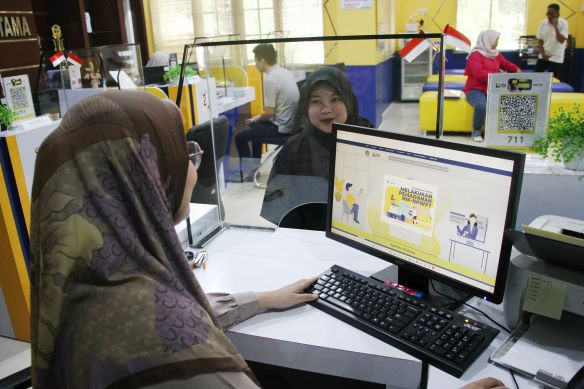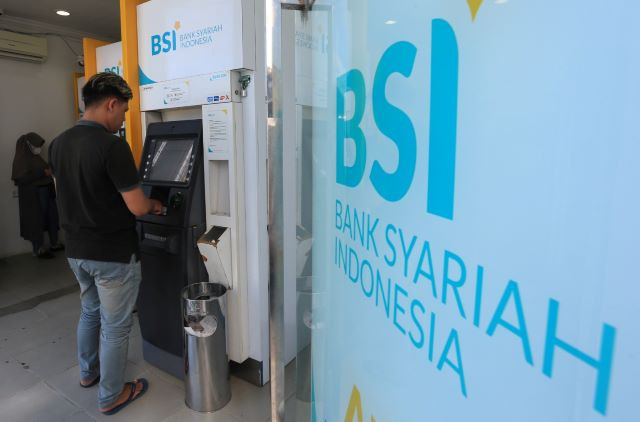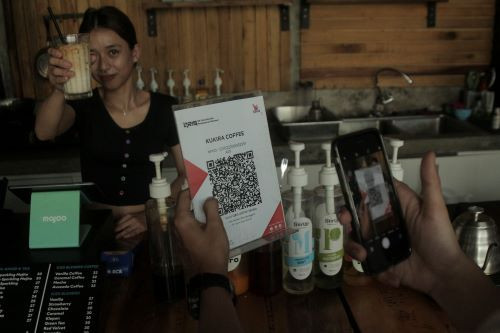Note of budgetary caution
We hope Sri Mulyani will have the courage to stand up against such a large and wasteful subsidy spending that threatens fiscal sustainability.
Change Size
 Types of fuel available at Pertamina gas station. (Shutterstock.com/Sallehudin Ahmad)
Types of fuel available at Pertamina gas station. (Shutterstock.com/Sallehudin Ahmad)
A
s Finance Minister Sri Mulyani Indrawati announced last week, the state budget’s performance in the first four months of the year has shown positive signs, with tax revenues up almost 26 percent from a year earlier and achieving 25 percent of the fiscal year’s target.
Regional budget transfers also achieved 33 percent of the year’s target while total budget realization hit 26.30 percent of the target. Yet, more encouraging is that the primary budget balance (total revenues against spending, excluding interest payments) recorded a surplus of Rp 24.2 trillion (US$1.6 billion), or more than seven times year-on-year.
Consequently, the budget deficit checked in at only 0.58 percent of gross domestic product (GDP), the lowest in the past three years. This encouraging development has boosted the government’s confidence that it will eventually be able to control the deficit at a maximum 2.2 percent for the entire year.
These positive indicators, however, should not make the government complacent in its fiscal management because fuel subsidies may more than double the budget appropriation, as a result of its recent decision to distribute subsidized fuels across the country in response to the significant rise in oil prices early this year. Before March, subsidized fuels could be distributed only outside Java, Madura and Bali, which together account for more than 70 percent of the national fuel demand.
We believe that the risk of further oil price hikes is the biggest threat to fiscal sustainability. Oil prices are now about $70/barrel, much higher than the $48 assumption for the fuel subsidy. If the oil prices rise steadily for the rest of year to reach the $80-100/barrel range, the government has to bite the bullet and raise fuel prices, even at the risk of mass demonstrations and its popularity suffering.
Most political advisers to President Joko “Jokowi” Widodo would certainly oppose such a painful fiscal measure in view of the presidential election next April. The question, though, is whether Finance Minister Sri Mulyani would allow fuel subsidy spending to explode to an unmanageable level?
We hope Sri Mulyani will have the courage to stand up against such a large and wasteful subsidy spending that threatens fiscal sustainability. Even though the State Finances Law allows a budget deficit up to 3 percent of GDP and the latest estimate put the deficit at 2.2 percent for the entire year, such a fiscal decision would rattle market confidence.
Allowing fuel subsidies to increase the budget deficit close to the 3 percent threshold may help curb inflationary pressures and prevent street protests. But the market would punish the policy by placing strong downward pressures on the rupiah and consequently, strengthening inflationary pressures and increasing the yields on government bonds. This would create a vicious cycle that would eventually set off macroeconomic instability with all its negative repercussions.
The other alternative, we believe, is to expand and improve the social safety net program to cushion the impact of fuel price increases on poor households.









